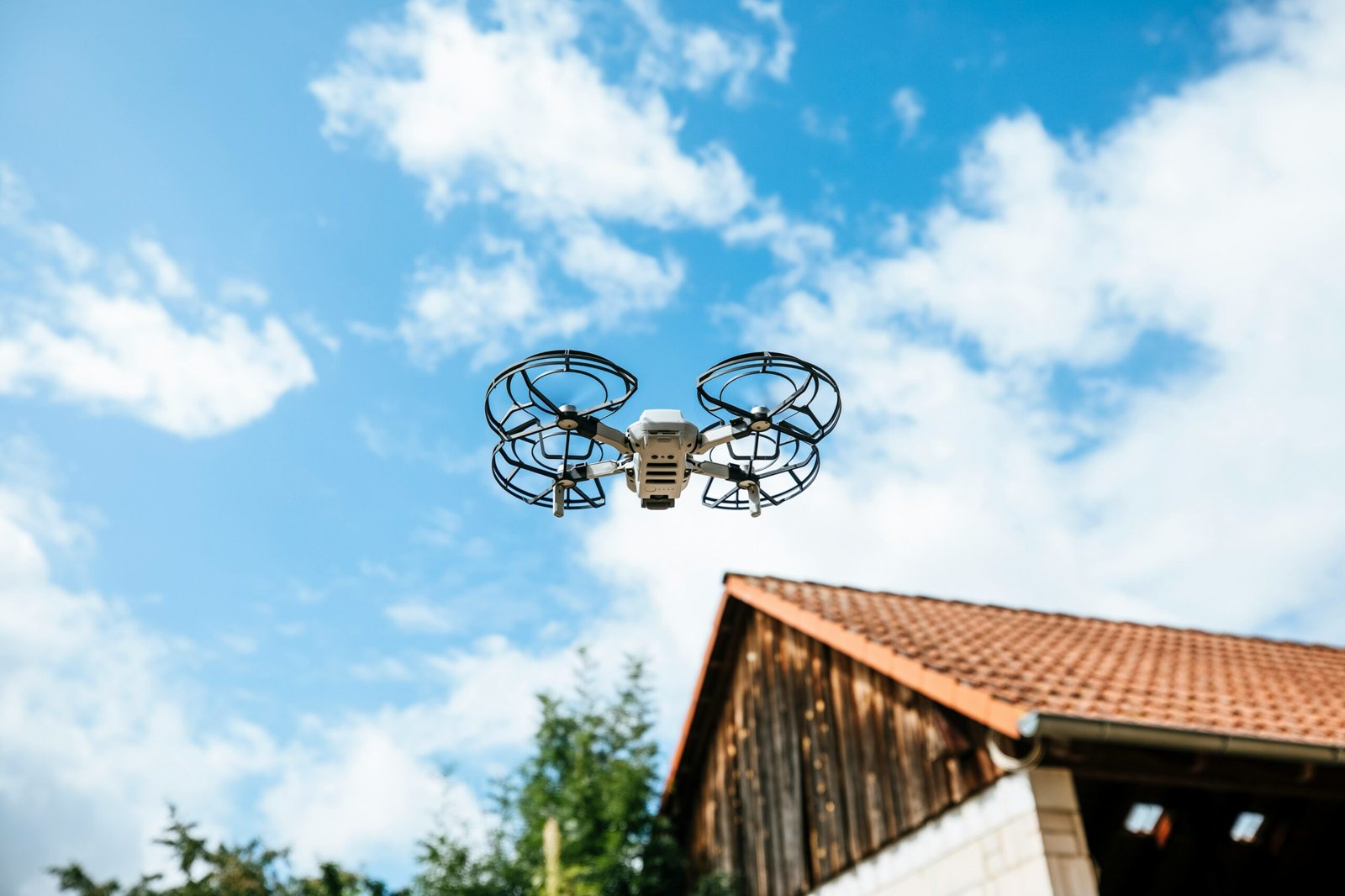Reports have emerged that Elon Musk, the billionaire entrepreneur, used advanced surveillance technologies, including infrared cameras, drones, and private investigators, to monitor his ex-girlfriend Amber Heard. This has sparked debates over the ethical boundaries of personal privacy and the misuse of technology.
Advanced Surveillance Amid Relationship Turmoil
According to allegations, during their relationship in 2017, Musk hired an Australian private detective agency to track Heard. The surveillance methods reportedly included the use of drones and infrared cameras to follow her movements. The motivations behind this surveillance remain unclear, though suspicions of infidelity may have played a role.
Privacy and Power in Personal Relationships
This incident not only highlights the complexities of high-profile relationships but also raises concerns about how powerful individuals might leverage cutting-edge technology for personal agendas. Such practices could set dangerous precedents for the misuse of surveillance tools.
Broader Implications for Privacy Ethics
Musk has also been accused of using surveillance against critics, including Vernon Unsworth, a British cave rescuer with whom he had a public dispute in 2018. The case has revived discussions about privacy laws and the regulation of personal surveillance in an increasingly connected world.






